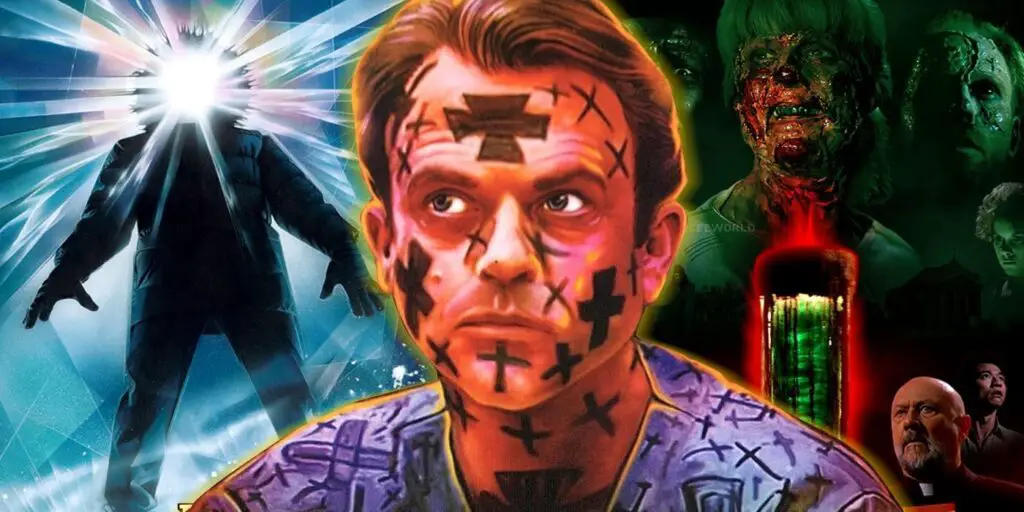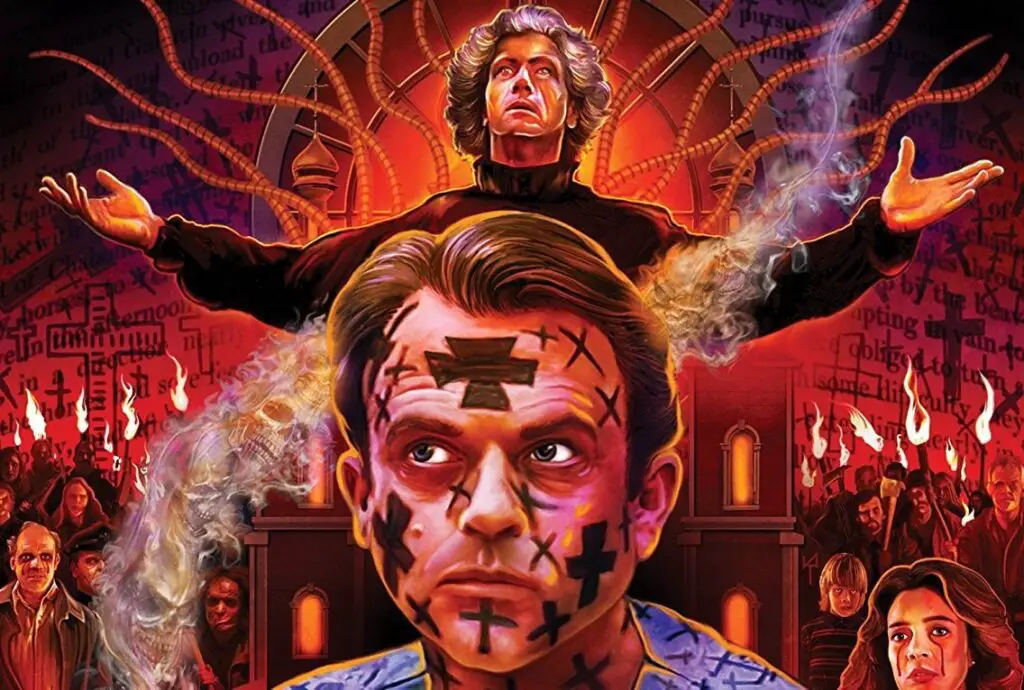John Carpenter’s self-proclaimed “Apocalypse Trilogy,” comprising “The Thing” (1982), “Prince of Darkness” (1987), and “In the Mouth of Madness” (1995), encapsulates a unique exploration into cosmic horror, a subgenre that propels its audience into realms of existential dread far beyond the quotidian fears tethered to earthly existence. Over a span of thirteen years, Carpenter meticulously crafted these seemingly unrelated films, each exuding a distinct narrative style, yet collectively unveiling a narrative arc replete with cosmic despondency and the inexorable erosion of human comprehension.
The trilogy heralds a journey into the abyss, delving into fears beyond human grasp, mirroring the thematic essence of H.P. Lovecraft’s cosmic horror narrative that venerated the terror of the unknown and the unknowable. Each film in the trilogy unearths a different facet of human understanding, challenging conventional notions of biology, religion, and identity, thus crafting a cinematic tableau of existential and metaphysical dread.
In “The Thing,” Carpenter explores existential body horror, portraying an alien entity whose biology defies human understanding, thus embodying the very essence of cosmic horror. This narrative delves into the terror of the unknown, as the alien creature—resembling more a virus than a sentient being—challenges the fundamental concepts of life and identity.
Dissecting Humanity’s Folly: The Trilogy’s Reflection on Cosmic Indifference

The narrative arc progresses with “Prince of Darkness,” juxtaposing science and religion, thus unveiling the metaphysical religious horror inherent in the unraveling of established earthly paradigms. This film engenders a narrative realm where ancient Christian myths and modern physics collide, leading to a crisis of faith among its protagonists who are confronted with a tangible evil harbored by the Catholic Church for millennia.
Finally, “In the Mouth of Madness” transcends into a realm of psychological horror initially, gradually blurring the lines between the supernatural, the scientific, and the personal. This narrative accentuates the transcendental nature of cosmic horror, challenging the protagonist’s perception of reality, and by extension, the audience’s grasp of the narrative reality unfolding on screen. The film explores the psyche of John Trent, whose reality becomes a surreal amalgam of religious imagery, meta storytelling, and cosmic horror, thus encapsulating the essence of Lovecraftian dread.
John Carpenter’s Apocalypse Trilogy is not merely a series of horror films; it’s a meticulous cinematic endeavor that pierces the veil of earthly fears, propelling its audience into a realm of cosmic horror. The trilogy reflects a profound understanding of the human psyche’s fragility when confronted with the incomprehensible, thus rendering a timeless narrative that resonates with the dread of the unknown, a hallmark of cosmic horror. Through this trilogy, Carpenter immortalizes the essence of cosmic horror, crafting a narrative legacy that continues to haunt the cinematic realm with its portrayal of the unfathomable abyss that lies beyond human comprehension.


